US President Barack Obama sought to leave his domestic political woes behind and called on India to forge a new partnership with the United States, announcing that Washington would do its bit to help this by easing export controls across a range of high-tech sectors. Bhupendra Khansagra of India's Spice Jet, second right, U.S. Commerce Secretary Gary Locke, right, and Christopher Chadwick of Boeing are seated with U.S. President Barack Obama as he holds a roundtable discussion with business leaders in Mumbai on Saturday.
US President Barack Obama sought to leave his domestic political woes behind and called on India to forge a new partnership with the United States, announcing that Washington would do its bit to help this by easing export controls across a range of high-tech sectors.
Bhupendra Khansagra of India's Spice Jet, second right, U.S. Commerce Secretary Gary Locke, right, and Christopher Chadwick of Boeing are seat-ed with U.S. President Barack Obama as he holds a roundtable discussion with business leaders in Mumbai on Saturday.
Full of high praise for the energy of India's economic growth and the innovation of its entrepreneurs, Obama described the relationship between the two countries as a "defining and indispensable" partnership of the 21st Century even as companies from the two countries signed business deals worth $10 billion on the sidelines of his visit.
The 20 deals include GE aircraft engines and gas turbines and Boeing 737s bought by SpiceJet. They are expected to support 54,000 jobs back home in the United States, US officials said. And Obama himself lost no opportunity in pointing out that thousands of jobs would be created for every billion dollar the US exported, an issue that cost his Democratic party badly in mid-term elections last week.
Separately, the White House also announced Obama would support India's membership of four global non-proliferation organisations, a move that is expected to reassure New Delhi -- left out of these groups after the 1998 nuclear tests -- that Washington is recognising its global clout.
At the same time, the President put the onus on India to play its strong part as well, asking New Delhi to boost the country's infrastructure and lift barriers in sectors such as agriculture, infrastructure, retail and telecom, as they made it difficult to do business with India. And he also sought to sidestep his pet criticism of outsourcing and the fear Indian companies held for Americans by saying they were "old stereotypes and old concerns" that ignored the modern reality.
"There are many Americans whose only experience of trade and globalisation is a shuttered factory. Or jobs being shipped overseas. And there still exists a caricature of India as a land of call centres and back offices that cost American jobs. That's a real perception," the President said. "Here in India, there are many who see the arrival of American companies and products as a threat to shopkeepers and to India's ancient and proud culture. But these old stereo-types, these old concerns, ignore today's reality. In 2010 trade between our countries is not just a one-way street of American jobs and companies moving to India. It is a dynamic two-way relationship that is creating jobs, growth and higher liviing standards in both our countries. And that is the truth."
This, he said, had seen Americans having helped build India and Indians also having helped build America. "Today your country is one of the fastest growing economies in the world. While there are many amazing success stories and rapidly expanding markets in Asia, the sheer size and pace of India's progress in just two decades is one of the most stunning achievements in human history. This is a fact," Obama said.
"You are now a nation of rapid growth, rising incomes and massive investments in infrastructure, energy and education. In the coming decades you will be the world's most populous nation with the largest workforce and one of the largest economies in the world. Undoubtedly, that the two countries. Less than 10 per cent of Indian imports were from the United States and less than two per cent of US exports were to India. This, he said, was less than US trade with the Netherlands, "a country with a smaller population than the city of Mumbai", which made India only the 12th largest trading partner of the US. "I have no doubt we can do better than that, much better. There is no reason this nation cannot be one of our top trading partners. And that's why we want to work together, with you, to re-move the barriers, to increase trade and investment between our nations," Obama said.
Paying tribute to what he called the human spirit of people in Detroit as much as means the United States and India will engage in a healthy competition for markets and jobs and industries of the future. But it also offers the prospect of expanded commercial ties that strongly benefit both countries," he said.
"The United States sees Asia, and especially India, as a market of the future. We don't simply welcome your rise as a nation and a people. We ardently support it. We want to invest in it. And I am here because I believe in our interconnected world increased commerce between the United States and India can be and will be a win-win proposition for both nations," Obama said to cheers from an audience that included captains of Indian and US industry such as GE Chairman Jeffrey Immelt, Reliance Chairman Mukesh Ambani, Pepsico chief Indra Nooyi, HDFC Chairman Deepak Parekh and Mahindra & Mahindra Managing Director Anand Mahindra.
But Obama's 20-minute speech was not just all about hosannas for India. He said India and the United States had barely scratched the surface of trade between in Dharavi, Obama said he was confident that this spirit of optimism and determination would drive the future. "And that's why I am thrilled to be in India and with you today. And that's why I am confident that we can and will forge new economic partnerships and deliver the jobs and broadbased growth our peoples so richly deserve. And I am absolutely sure that the relationship between India and the United States is going to be one of the defining partnerships of the 21st century."
(Courtesy AIAI and Mumbai Bureau)







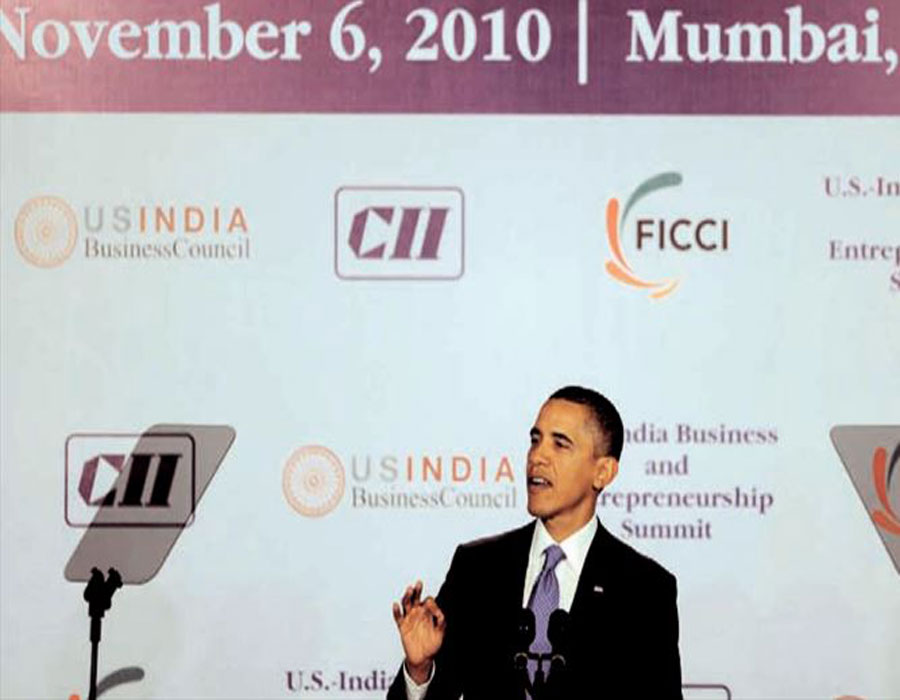
 OpinionExpress.In
OpinionExpress.In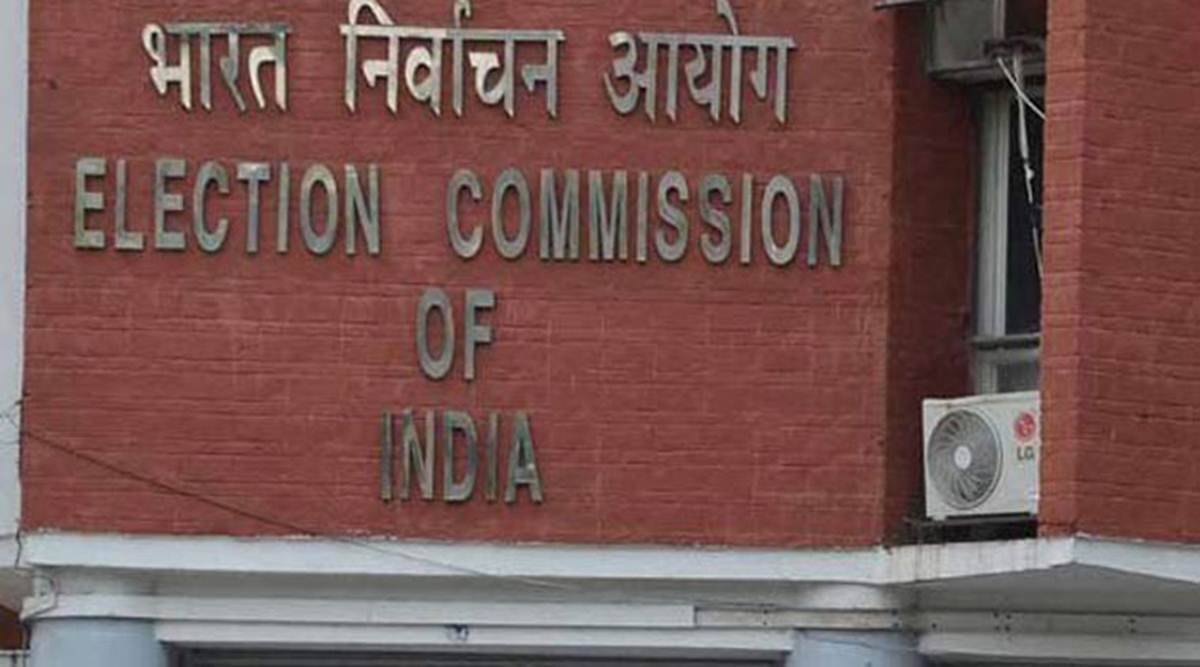
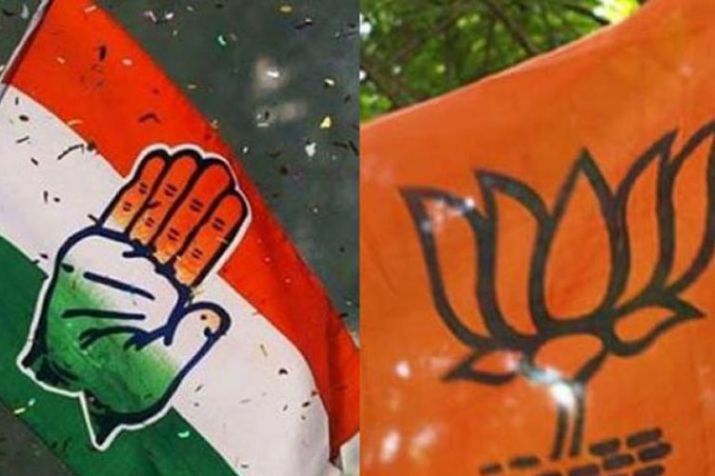
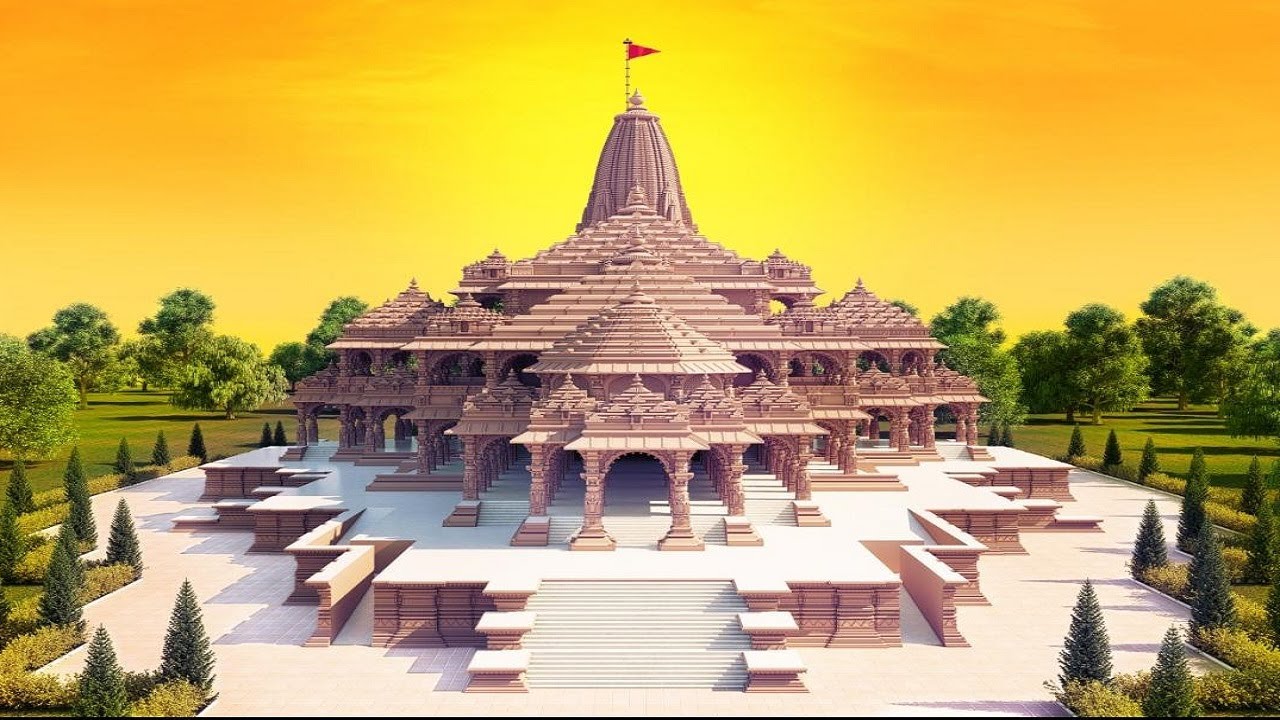
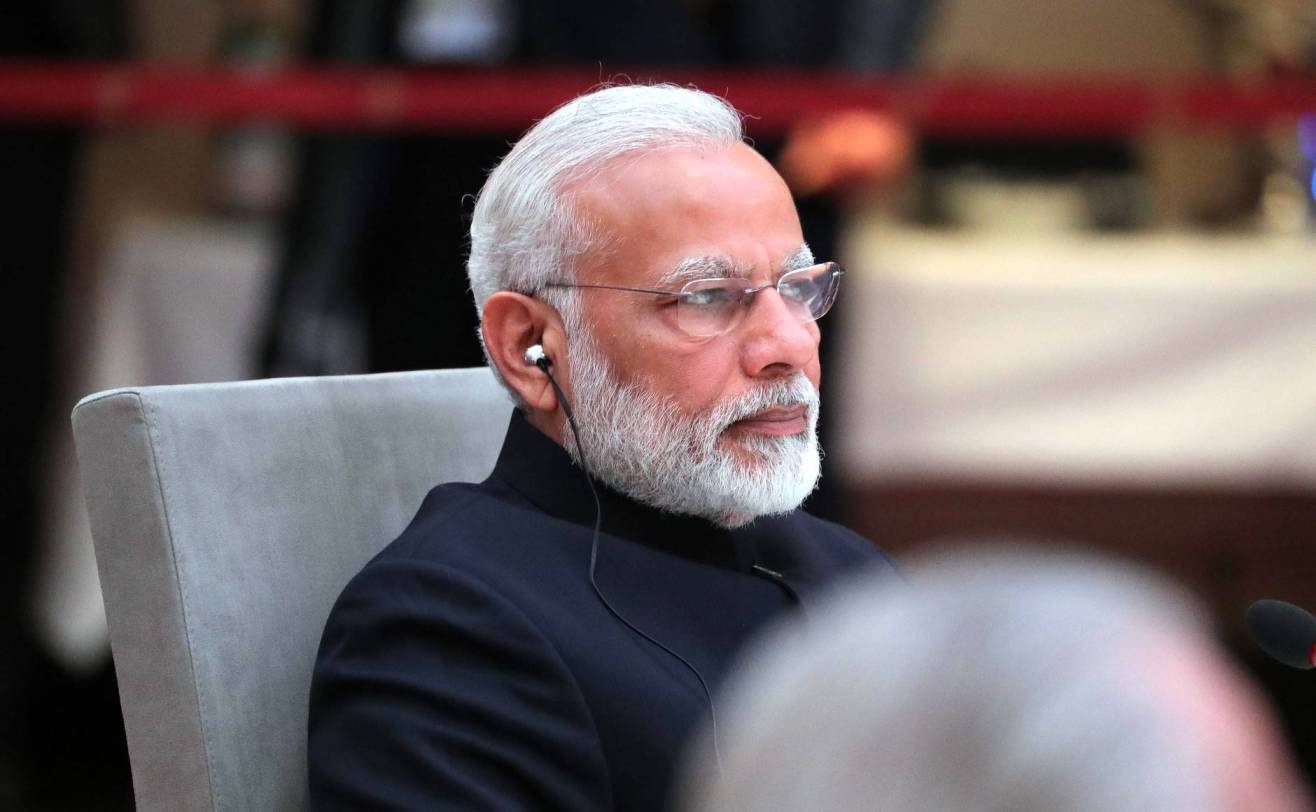
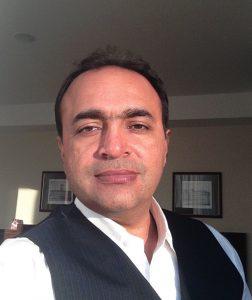
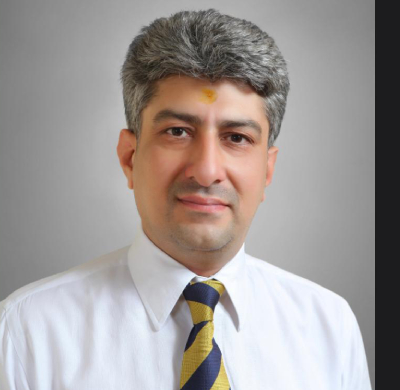
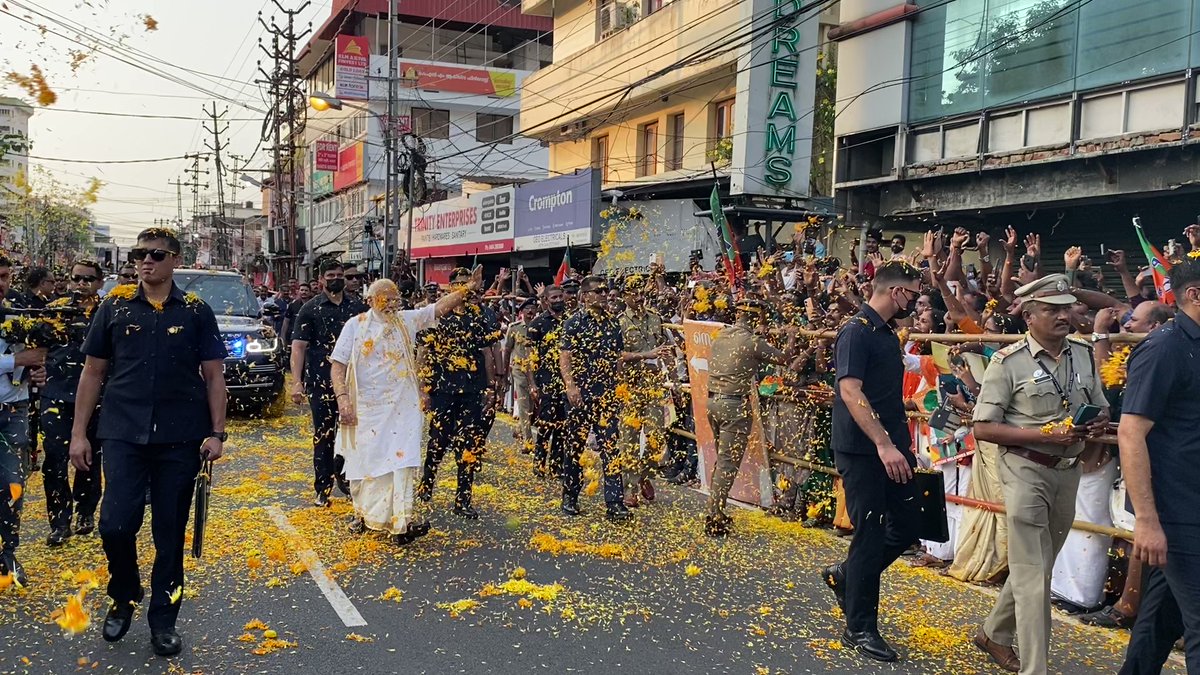
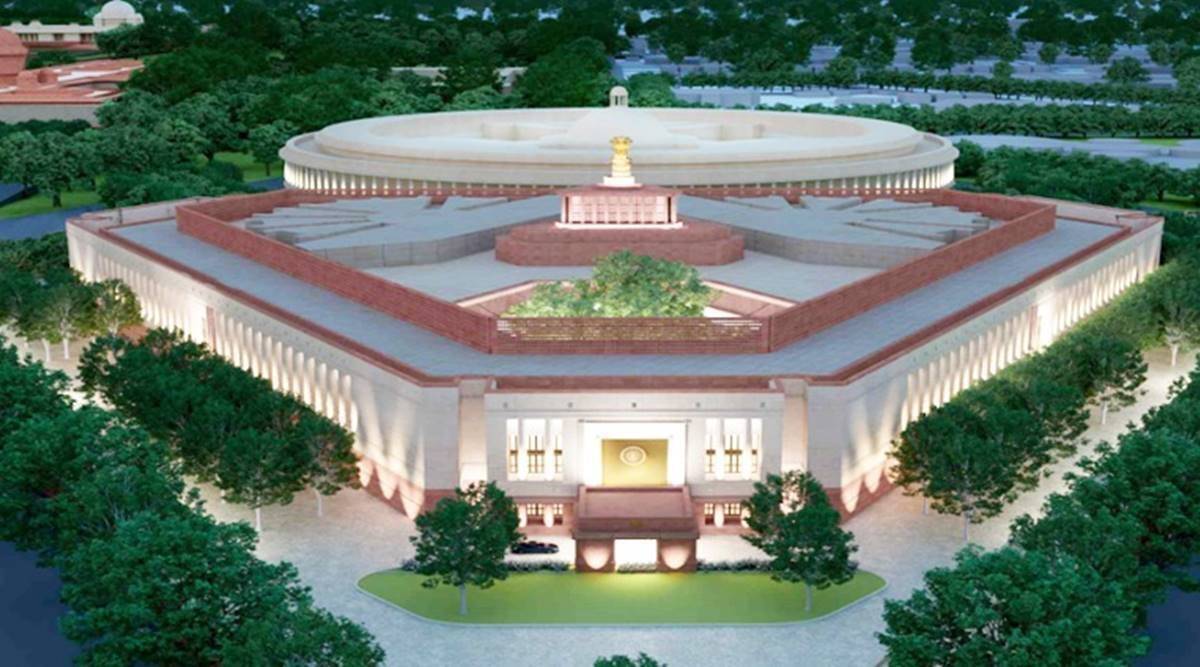

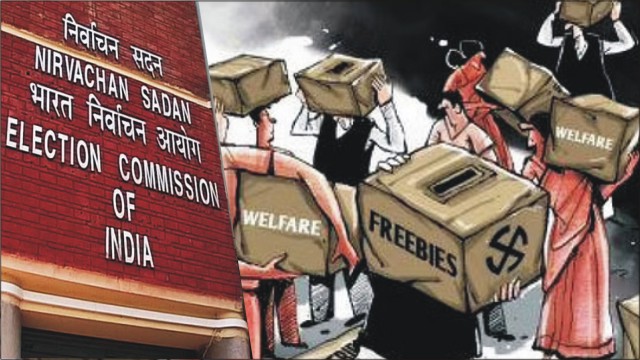






Comments (0)